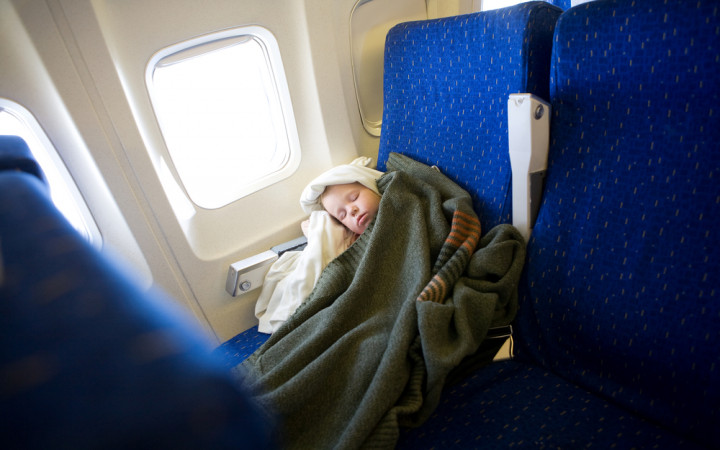What's that? Up there! Way high in the sky! Is it a bird? Superman? Nope. It's an airplane taking passengers from one place to another.
Traveling on an airplane is one of the fastest ways to get from one point to another. Have you ever flown on an airplane? Perhaps you flew to the beach for a vacation one year? Or maybe you flew to the mountains for a skiing trip?
Flying on an airplane can be very exciting. It can also be very frightening. If you've never flown on an airplane before, it can be a bit scary. After all, human beings don't have wings and aren't used to flying thousands of feet above the ground.
Some people have a fear of flying. This fear is called by different names, including aerophobia, aviatophobia or aviophobia. These phobias are considered anxiety disorders, since anxiety or nervousness is one of the main symptoms people exhibit when the fear of flying hits them.
Why are some people afraid of flying? For some, it's fear of the unknown. If you've never flown on an airplane before, it's natural to be nervous about a new experience. For others, the fear of flying continues throughout their lives, no matter how many times they fly. For these people, the fear of flying might be based upon a fear of heights or worries about a plane crash.
Of course, experts will point out that you have a better chance of being injured in a car accident than a plane crash. But this fact usually does little to calm the nerves of those who fear flying.
Mathematical statistics may indeed show that planes are safer than cars, but that usually doesn't counteract the real, personal experience that people have with cars vs. flying. Most people have been in cars thousands upon thousands of times without incident. As for flying, what if that one plane crash happens right now on your flight?
Some people become anxious because of particular elements of the flying experience. For example, the security screening process or being in an enclosed space with many people might bother some people. Others might fear being over a large body of water or flying through turbulence or bad weather.
There are many people who experience a fear of flying. Some experts believe that as many as 20% of adults are afraid to fly and up to 50% of people experience some form of anxiety related to flying at some time.
Fear of flying affects people in different ways. Some people are so afraid of flying that they will avoid flying at all costs. This can, of course, affect their ability to travel quickly from one place to another. Others may choose to fly and experience physical and psychological effects from their anxiety. Fortunately, there are many ways that a fear of flying may be overcome.




